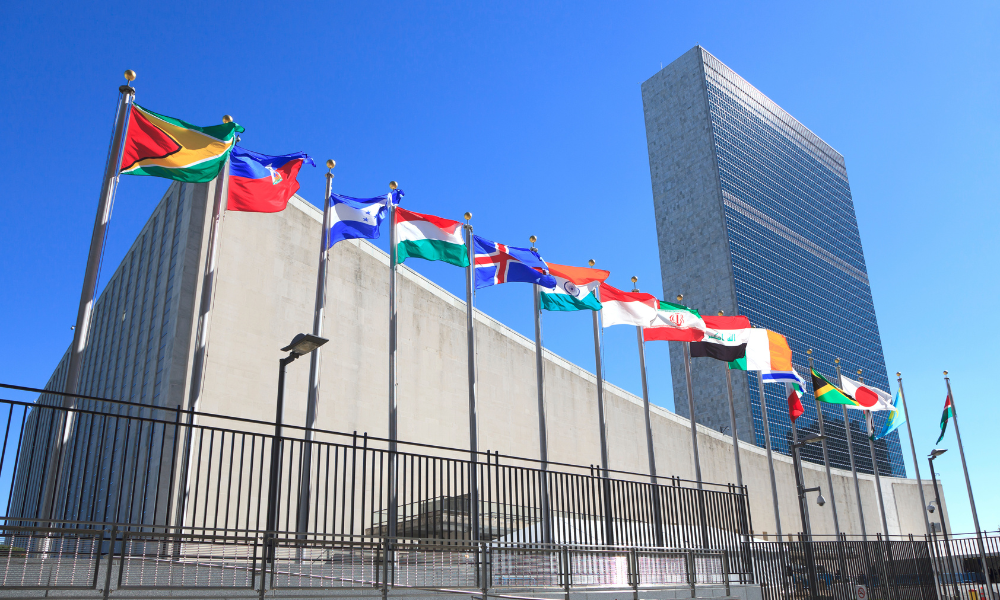
US secretary of state says special rapporteur Francesca Albanese infringed national sovereignty

United Nations (UN) human rights officials have asked the US to reverse the sanctions announced against Francesca Albanese, special rapporteur on the Occupied Palestinian Territories, with a warning that the imposition could undermine the broader international human rights system.
The UN Human Rights Council appoints special rapporteurs as independent experts under its special procedures to monitor and report on global human rights issues, according to a news release from the UN.
Marco Rubio, US secretary of state, recently issued the sanctions via a presidential executive order. He claimed Albanese grossly infringed national sovereignty by directly engaging with the International Criminal Court (ICC) to investigate, arrest, detain, or prosecute US or Israeli nationals without those countries’ consent.
In its news release, the UN noted that neither of those two countries is party to the Rome Statute, the international treaty creating the ICC.
The UN shared that its spokesperson, Stéphane Dujarric, dubbed the US decision to set sanctions against special rapporteurs a “dangerous precedent.”
Dujarric accepted that UN member states could have views different from those expressed in the reports of special rapporteurs, who have independent mandates and roles. However, he urged such states to participate in the UN’s human rights mechanism.
“The use of unilateral sanctions against special rapporteurs or any other UN expert or official is unacceptable,” Dujarric said to journalists at a briefing in New York.
The UN noted that its high commissioner for human rights, Volker Türk, released a statement seeking the swift reversal of the sanctions against Albanese and the end of such attacks and threats against mandate holders appointed by the Human Rights Council, the ICC, and similar institutions.
Türk urged UN member states to respond substantively and constructively instead of punitively to these mandate holders.
“The solution is not less, but more, debate and dialogue on the very real human rights concerns they address,” Türk said.
The UN added that Jürg Lauber, the Human Rights Council president, also spoke out against the US-imposed sanctions. He asked all UN member states to cooperate fully rather than resorting to “intimidation or reprisal.”
Lauber called special rapporteurs “an essential instrument” to compliance with the council’s mandate.
In its news release, the UN explained that special rapporteurs are not UN staff. Rather, they act in their own capacity, get no financial remuneration, and regularly report to the Human Rights Council in Geneva and the UN General Assembly in New York.
Agnès Callamard, Amnesty International’s secretary general, also issued a statement in response to Rubio’s announcement of the sanctions against Albanese, days after the release of her report on how companies have benefited from “Israel’s illegal occupation, its brutal system of apartheid and its ongoing genocide in Gaza.”
The special rapporteur’s “mandate is to advocate for human rights and international law, essential at a time when the very survival of Palestinians in the occupied Gaza Strip is at stake,” Callamard stressed in the statement.
“Instead of attacking the special rapporteur and further undermining the rule-based order, the US government should focus on putting an end to its unconditional support to Israel, enabling total impunity for its crimes in the Occupied Palestinian Territory,” Callamard added.
Callamard encouraged states and governments worldwide to oppose the “disgraceful, vindictive sanctions and exert maximum diplomatic pressure on the US government to reverse them” and act to “mitigate and block the effect of the sanctions against Francesca Albanese and more generally to protect the work and independence of special rapporteurs.”